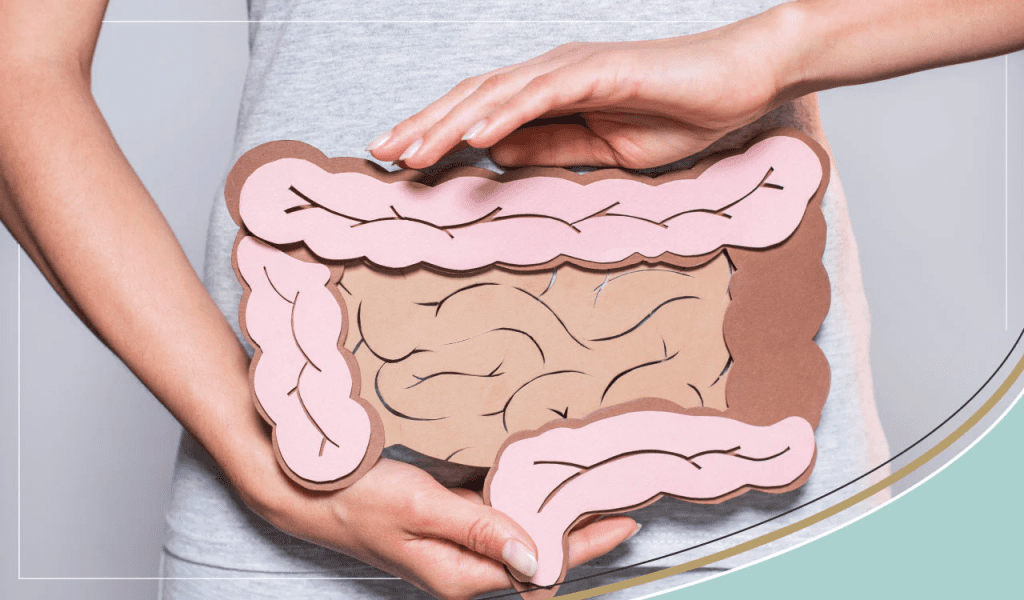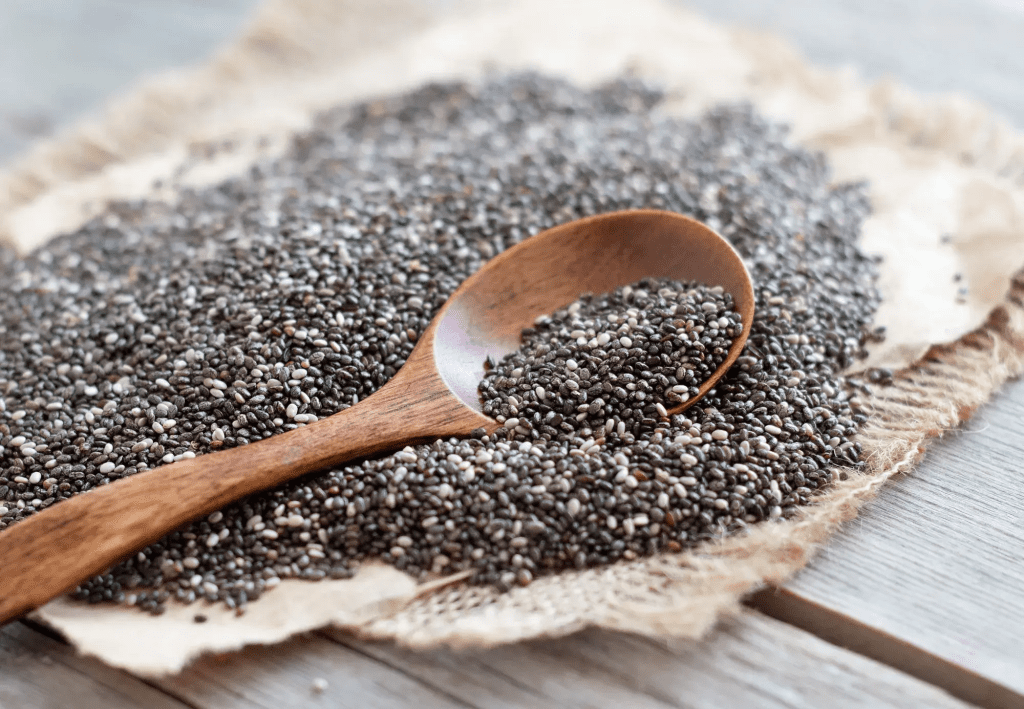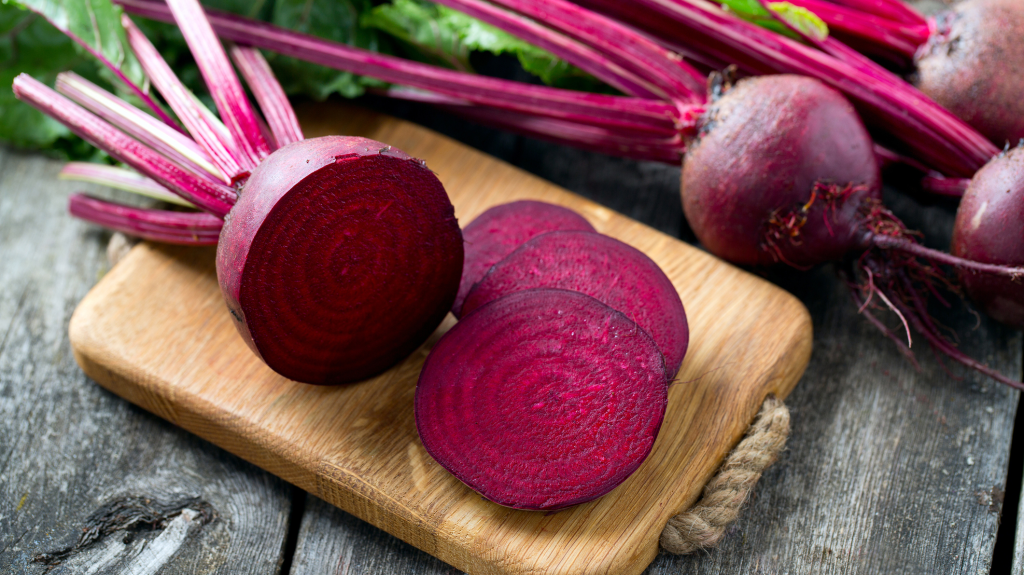Gut health is more than just a wellness buzzword—it’s the foundation of how your body functions every day. From your immune system to your energy levels and even your mood, everything is tied to your gut. But here’s the problem: most of our modern diets do little to support it. The good news? You can take control, and it all starts with what’s on your plate.
Curious about what to eat to give your gut the love it deserves? Let’s dive into 12 of the best foods that will help your digestive system thrive.
Why Your Gut Deserves More Attention

Let’s break it down. Your gut isn’t just your stomach—it’s your entire digestive tract, filled with trillions of bacteria that process the food you eat, absorb nutrients, and even protect your body from disease. A healthy gut has the right balance of bacteria. When that balance is thrown off, you might notice bloating, constipation, fatigue, and even mood swings.
That’s where diet plays a huge role. The food you eat can either help your gut bacteria flourish or cause chaos. A balanced diet that’s high in fiber, rich in nutrients, and full of natural probiotics is the key to keeping things running smoothly.
Yogurt: Your Daily Dose of Good Bacteria
First up, we’ve got a classic. Yogurt is packed with probiotics—those friendly bacteria your gut loves. These live cultures help balance your gut microbiome and aid digestion. But not all yogurts are created equal. Go for plain, unsweetened yogurt with live and active cultures. Then customize it yourself with fruit or a drizzle of honey. Avoid brands loaded with added sugar or artificial flavors.
Video : 5 Foods To Fix Your Gut Health (Dietitian Approved)
Apples: A Simple Snack With Big Benefits
You probably already know apples are healthy—but did you know they’re amazing for digestion too? They’re loaded with pectin, a type of soluble fiber that helps regulate bowel movements and promotes the growth of good bacteria in your colon. Make apples a part of your daily routine, and your gut will thank you.
Fennel: More Than Just a Pretty Herb
Fennel isn’t just a garnish—it’s a powerhouse for digestion. It can reduce bloating, ease cramps, and keep things moving in your digestive tract. Its natural oils help relax your intestinal muscles, which is why fennel tea is such a popular remedy for stomach discomfort. Just remember not to overdo it—too much fennel (especially in supplement form) might have the opposite effect.
Chia Seeds: Tiny But Mighty
Chia seeds are loaded with fiber, healthy fats, and plant-based protein. When soaked, they form a gel-like texture that supports healthy digestion by helping food move smoothly through your gut. They’re also a prebiotic, which means they feed the good bacteria. Add a spoonful to your smoothies, yogurt, or overnight oats. Just be sure to drink plenty of water along with them.

Papaya: A Tropical Digestive Aid
Papaya contains an enzyme called papain, which helps break down proteins in your food. It’s especially helpful if you deal with indigestion or symptoms of IBS. This fruit also packs a punch of vitamin C and antioxidants. Slice it up and enjoy it solo, or toss it into a yogurt bowl for a gut-friendly breakfast that tastes like vacation.
Whole Grains: Don’t Fear the Carbs
Whole grains like oats, brown rice, barley, and quinoa are great for your gut. They’re rich in fiber, which adds bulk to your stool and feeds the good bacteria in your intestines. Unlike refined carbs that can slow digestion, whole grains promote regularity and long-term gut health. Ignore the low-carb myths—your digestive system needs this fuel.
Beets: Rooted in Gut Health
Beets are rich in fiber and help promote the flow of digestive juices. They also help stimulate bile production, which helps break down fat more efficiently. If the earthy taste isn’t your thing, try roasting them or tossing them into a smoothie with citrus. Just don’t be alarmed if your urine turns pink—that’s totally normal after eating beets.

Ginger: Nature’s Tummy Tamer
Ginger has been used for centuries to soothe upset stomachs and promote digestion. It helps food move through your digestive tract faster and reduces inflammation. A cup of ginger tea after meals can work wonders. You can also grate it fresh into soups, stir-fries, or juices for a healthy zing.
Dark Green Vegetables: The Gut’s Best Friend
Leafy greens like spinach, kale, and collard greens are rich in fiber and essential nutrients like magnesium. These vegetables also act as prebiotics, helping nourish the good bacteria in your gut. Whether raw, steamed, or sautéed, these greens should be on your plate as often as possible.
Salmon: A Fatty Fish With Serious Benefits
What makes salmon a superstar for gut health? Omega-3 fatty acids. These healthy fats reduce inflammation in the gut and support the growth of beneficial bacteria. Eating fatty fish a couple of times a week can help improve digestion and ease issues like bloating and gas. Bonus: it’s great for your brain and heart, too.
Fermented Foods: Probiotic-Rich and Flavorful

Fermented foods are your gut’s best friend. They’re packed with natural probiotics that help balance your microbiome and improve digestion. Here are a few worth adding to your diet:
- Kefir – Think of it as drinkable yogurt with extra probiotics.
- Sauerkraut – Fermented cabbage that adds crunch and good bacteria.
- Kimchi – A spicy Korean side dish that boosts gut flora.
- Miso – Fermented soybean paste, perfect in soups and marinades.
- Tempeh and Natto – Plant-based proteins that are probiotic-rich and full of nutrients.
- Kombucha – A fizzy fermented tea loaded with good bacteria. Choose low-sugar versions for best results.
Choose fermented products without added sugars or preservatives to get the full gut-boosting benefits.
Bone Broth: The Gut-Soothing Super Drink
Bone broth is more than just a trendy health drink—it’s rich in collagen and amino acids that support the lining of your gut. These nutrients help reduce inflammation, repair damaged tissues, and make digestion smoother. Sip it warm like tea, or use it as a base for soups, stews, or grain dishes. Make your own if you can, or buy organic versions with low sodium.
Video : Top 10 Morning Foods You Should Eat Every Day
Eat Smart, Feel Better
Here’s the bottom line: your gut plays a major role in your overall health, and the foods you eat every day have a direct impact on how well it functions. By including more of these gut-friendly foods in your diet, you’re setting yourself up for better digestion, more energy, clearer skin, and even a better mood.
Start small. Maybe add a spoonful of chia seeds to your breakfast, swap your snack for an apple, or brew a cup of ginger tea after dinner. Every choice adds up, and your body will notice the difference.
Your gut is more than just a place where food goes—it’s where your health begins. So feed it right, and it will return the favor.


